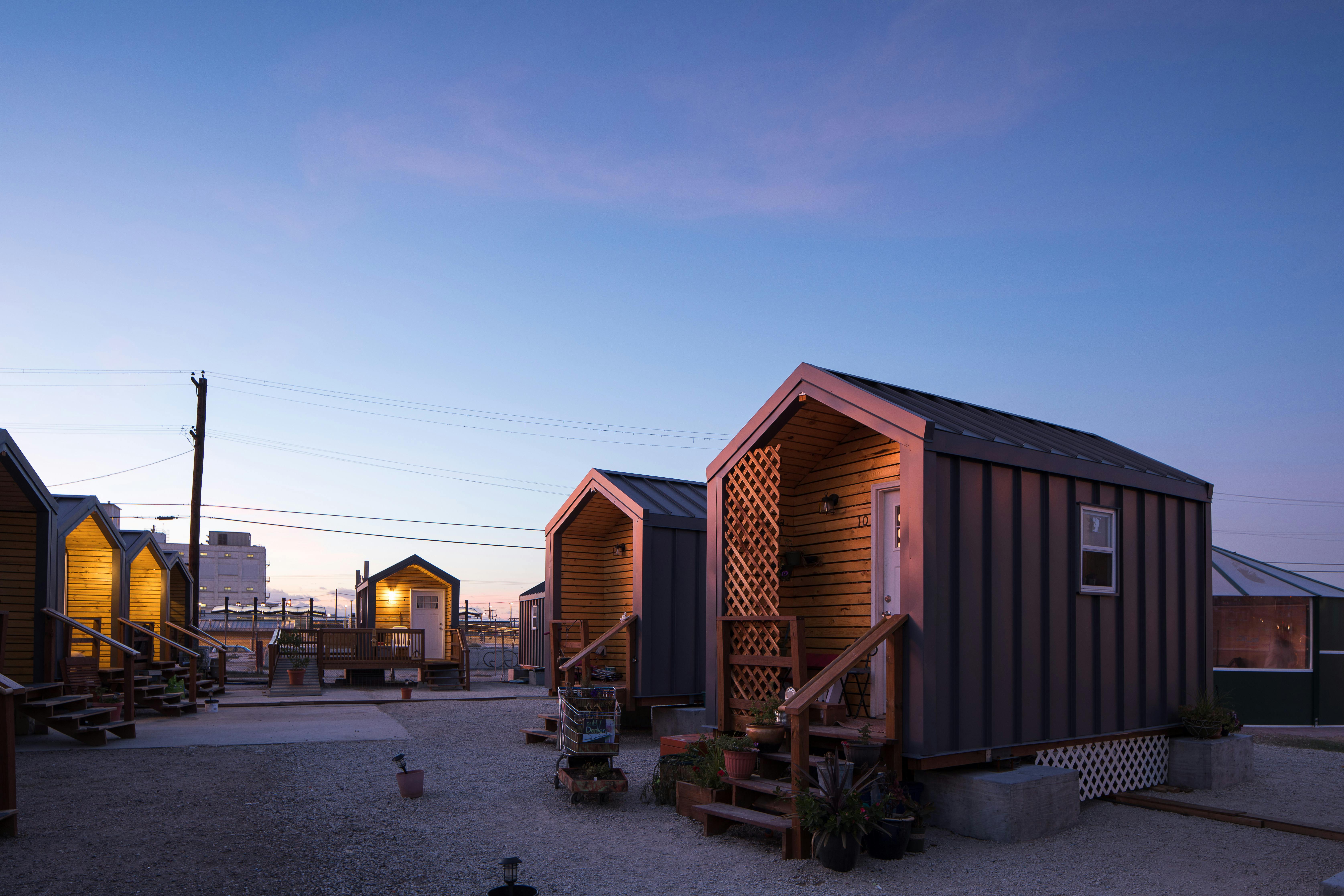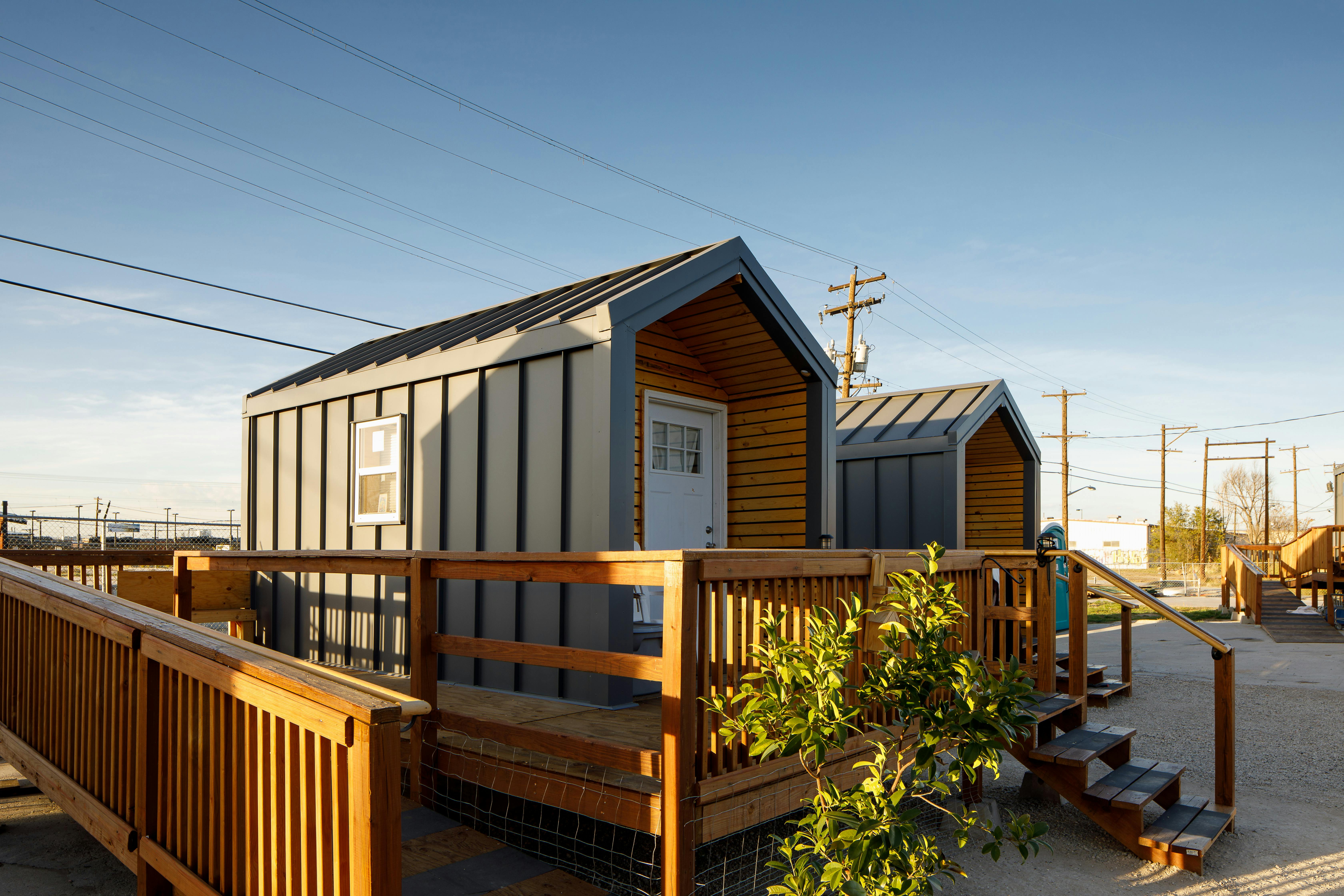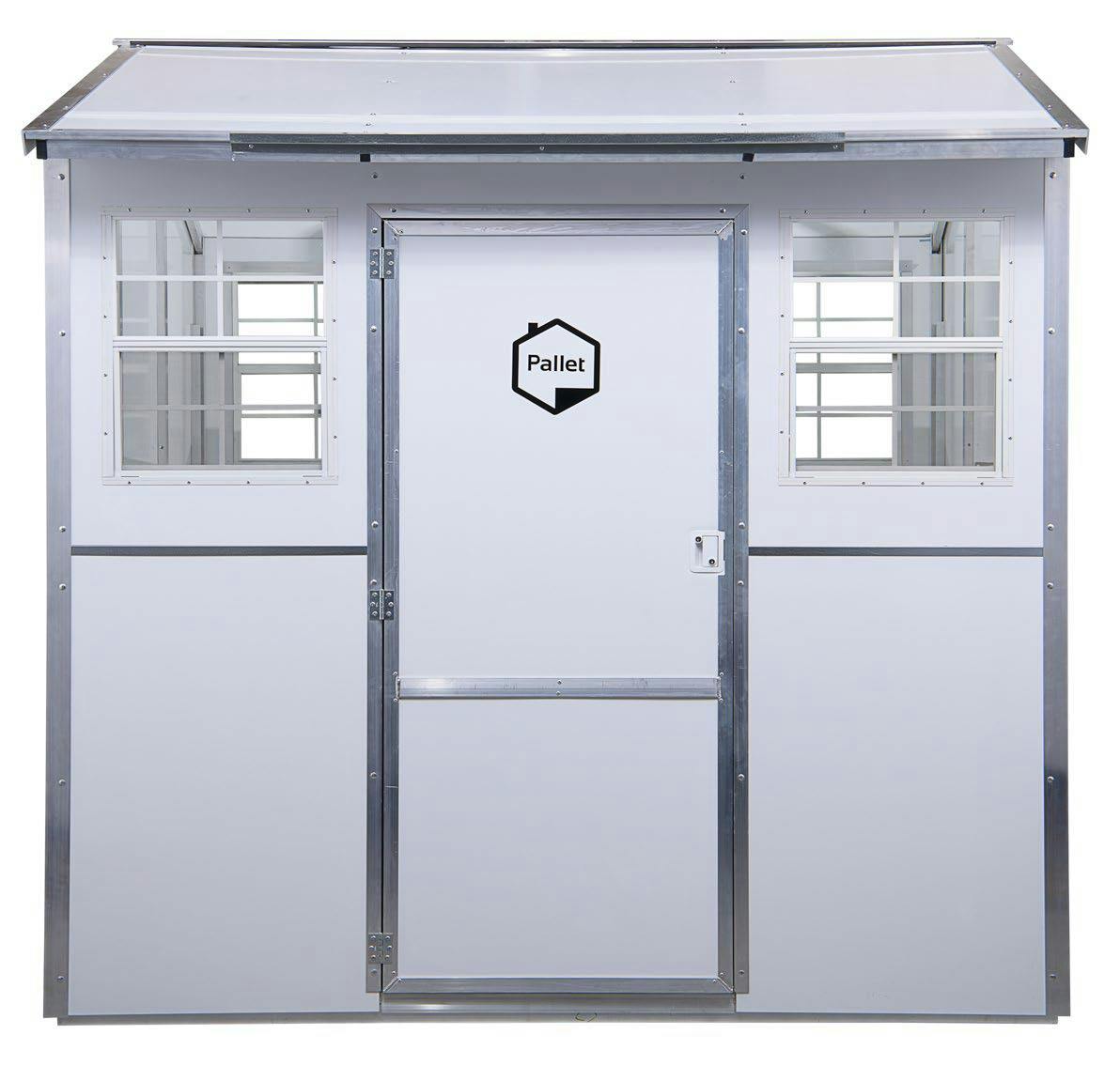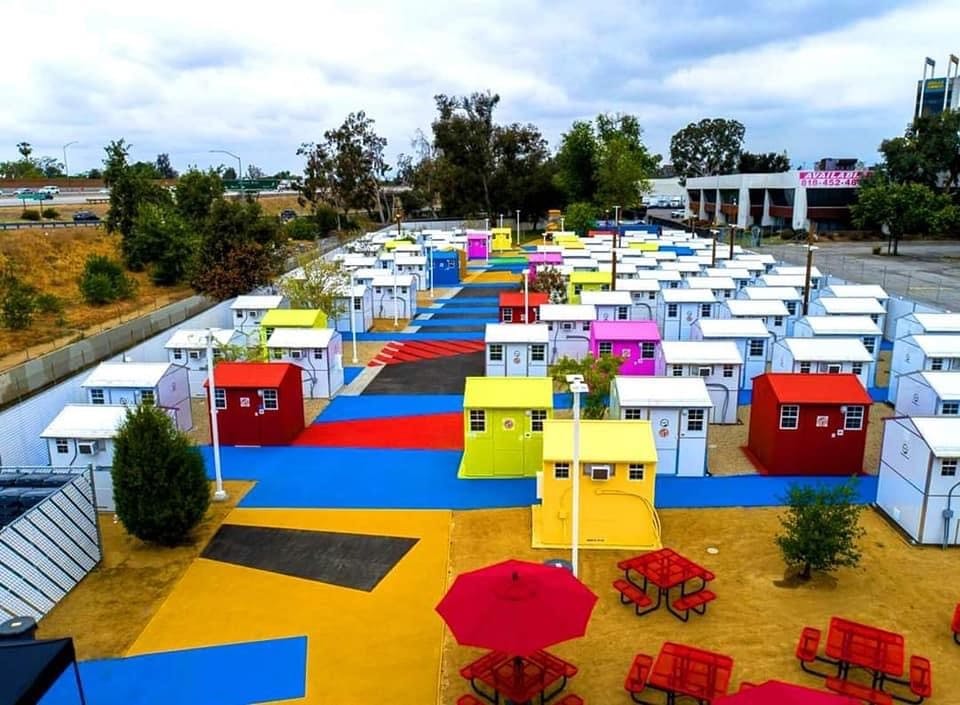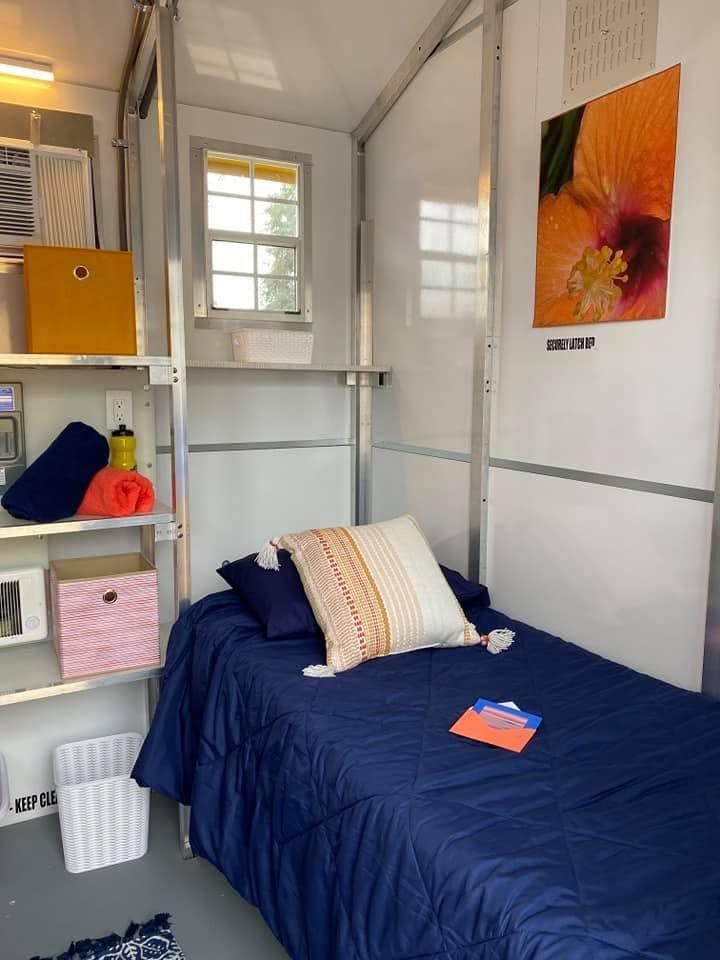Addressing Homelessness: Alternative Sheltering Options
Consultation has concluded
According to the 2020 Point-in-Time (PIT) report, the number of individuals in Aurora experiencing homelessness was 427, and the number of emergency shelter beds available hovers around 150. These numbers show a significant gap in our community, not only for emergency shelter options but also for those that may not fit into a traditional sheltering model. To address this gap, the city of Aurora seeks community input on alternative sheltering options and location ideas for safe sites - also known as safe outdoor spaces.
This page showcases different sheltering and safe parking options. Community partners would help monitor and run the day-to-day logistics of the site. The shelters would serve as temporary places to stay while the individuals work with service providers to get back on their feet and obtain permanent housing.
The city will use the input received from the open house and tools below (survey and map) to work toward alternative sheltering options and identify locations in the city to establish safe outdoor spaces for people experiencing homelessness, pending City Council approval.
The deadline for feedback is May 31.
How to Provide Input
The deadline has passed to provided input. Thank you.







